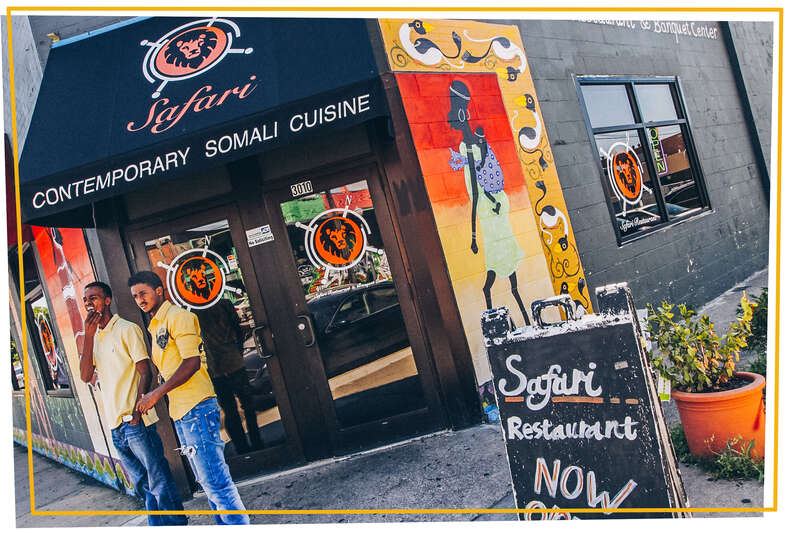In the alleged Feeding Our Future scandal, the role of Safari Restaurant
Under the umbrella of the now-disbanded nonprofit Feeding Our Future, the alleged free food fraud is said by the FBI to center on three private food vendor networks. One of these networks revolves around the Safari Restaurant of Minneapolis.
Of the three, Safari has received more media coverage because of its close connections to Minneapolis-based politicians. The restaurant and its owners are some of the subjects included in FBI search warrant No. 1 in the case. As with the other two food networks, Empire Cuisine and S&S Catering, the FBI alleges that Safari was conducting fraud on an industrial scale.
Here is the number of children that Safari Restaurant claimed the ability to serve through the USDA’s Summer Food Service Program (SFSP). The SFSP is a federal program, overseen locally by the state Department of Education (MDE). Capacities, per site, authorized for FY 21 and FY 22:

MDE initially rejected Safari’s application to participate in the program in April 2020, but later relented. By July, Safari was claiming to serve 5,000 children per day, every day of the month, from its Minneapolis restaurant location. MDE began to investigate (FBI warrant, page 17, paragraph 62).
Here is a picture of restaurant entrance, back when it was still open for business:

In October of 2020, the agency made a second attempt to shut out Safari from program participation. In November 2020, Feeding Our Future sued the Department in state court. Feeding Our Future prevailed in court and Safari was reinstated in 2021. By March, Safari was claiming to serve the maximum authorized 6,000 children per day, for every day of the month, from the building pictured above.
However (as shown above), in summer 2021, they were no longer allowed to operate their own distribution site, and instead had to work through other entities.
The FBI alleges that, from May 2020 to November 2021, Safari Restaurant took $15 million from the SFSP (para. 83). The FBI alleges that the money was spent on real estate, luxury cars, and other items, not on food for children.
In the game within the game, the nonprofit Stigma Free International operated sites supplied by Safari, and other sites supplied by related entities. It also participated in the Child and Adult Care Food Program (CACFP), at locations across the state:

What’s remarkable about the Stigma Free operation is how large the sites are relative to the size of their local communities. The City of Willmar, MN, has a population of about 21,000. If there are about 4,200 children in the town, the single Stigma-Free site located there had the capacity to feed more than 70 percent of the nonadult population. The restaurant running the operation defends the effort in the Star Tribune, saying it drew free food recipients from miles around.